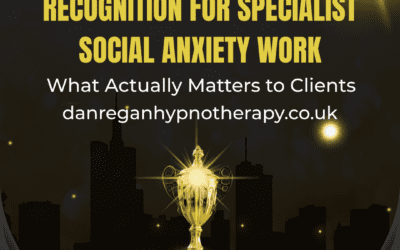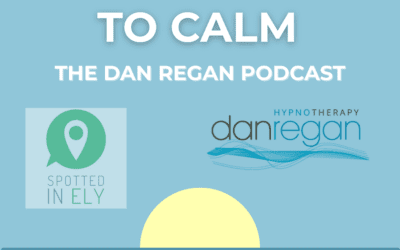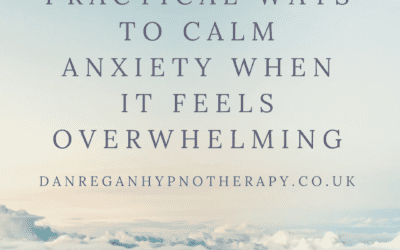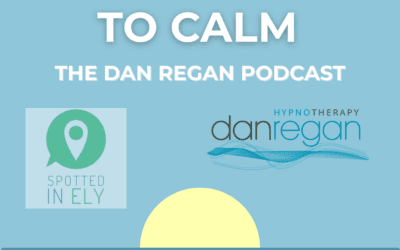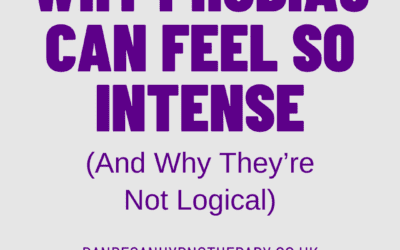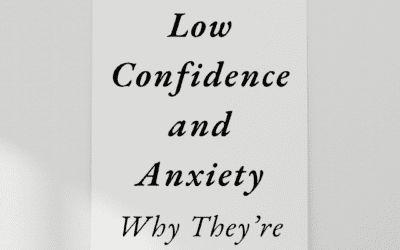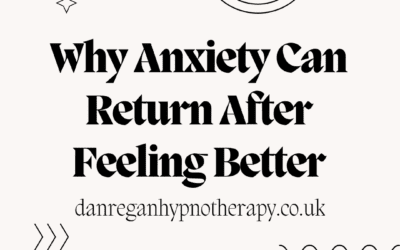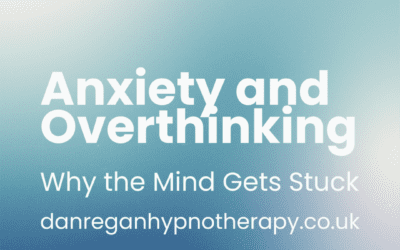Required
Recognition for Specialist Social Anxiety Work | Anxiety Support in Ely
Recognition for Specialist Social Anxiety Work – What Actually Matters to Clients
From time to time, therapists receive industry recognition for their work. Recently, my practice was recognised as Leading Social Anxiety Hypnotherapist 2026 (East of England) by LUXlife.
If you’ve been a reader of my articles, you’ll know this is just the latest in a series of awards for my hypnotherapy in Ely and Newmarket.
As someone who used to suffer with social anxiety, I know what is important. You need the trust, belief and comfort to make real progress towards feeling better.
While acknowledgements like this are appreciated, they raise an important question – what really matters when you’re looking for help with social anxiety?

